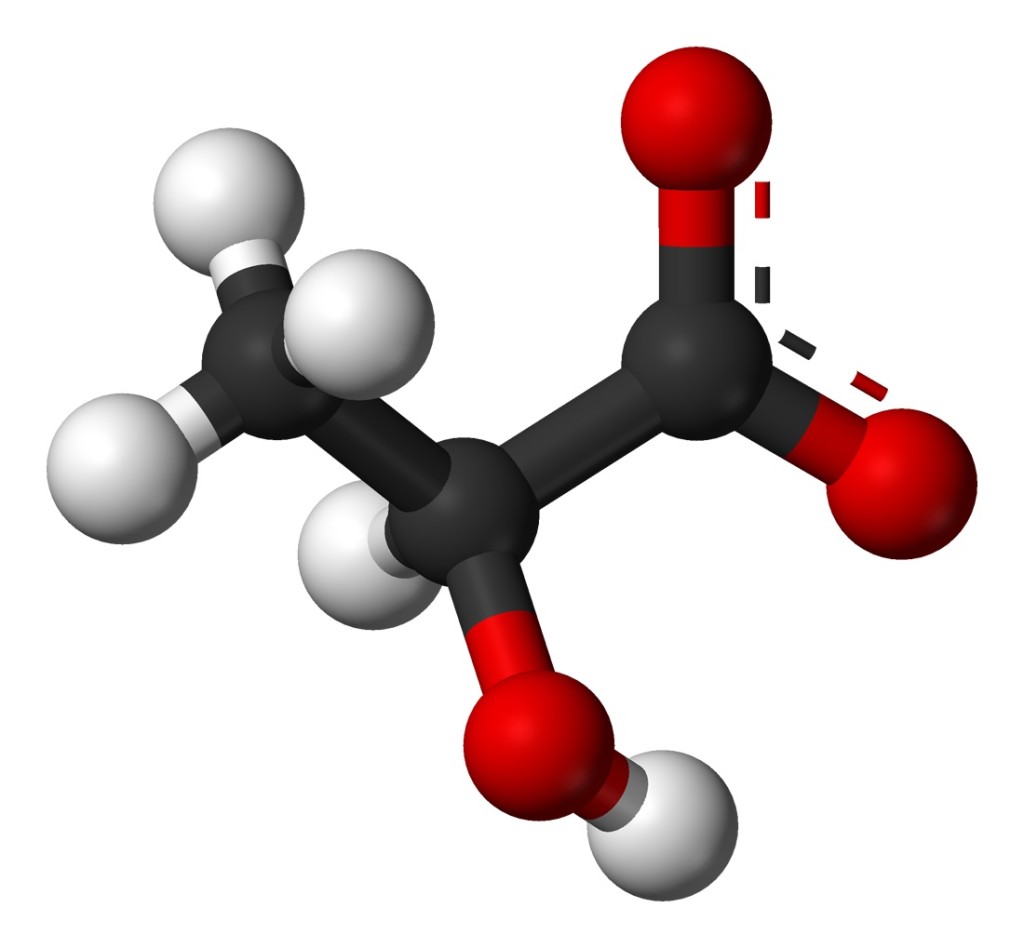Surveying the opinions for doing, or not doing, “glycolytic/lactic conditioning” with team sport athletes, generally, coaches express one of two rationales:
1. Team sport athletes should spend a considerable amount of time doing glycolytic/lactic conditioning because:
o It takes them out of their comfort zone by forcing them to deal with sensations of fatigue due to decreased pH and thus building mental toughness as they resist the urge to cease the exercise.
o Their bodies need to adapt to and buffer the accumulation of metabolites thus we need heavy doses of this type of conditioning.
2. Team sport athletes should only train the glycolytic/lactic energy system sparingly because:
o Most studies show metabolite buffering adaptations of glycolytic conditioning peak after only 3-6 weeks.
o The sensations of fatigue via the accumulations of hydrogen ions (thus lowered pH) that are associated with glycolysis only occurred because the athlete’s aerobic system could not handle the loading and recovery of efforts. Thus, it is the aerobic system that we should devote more attention to instead of the glycolytic system.
Below are some random thoughts regarding each position. After which I’ll conclude with my summary application.

Lactate. It's a molecule. Get over it.
Thoughts on Rationale #1
I think the psychological literature, as it relates to fitness training, is so underappreciated in our professional circles. A sports psychologist I used to work with even suggested to me we train the psyche/driver systematically just like we do the physical body. Just look around at the many college public sector programs and you’ll note coaches implementing a "mental toughness" day, for example, every week which involves some kind of glycolytic capacity work where the coach is screaming and hollering under the guides of "building mental toughness". Going through my own athletic career I always felt this was more meathead mantra than anything and that "mental toughness" was a lifestyle, not just a 15 minute circuit the team goes through once a week, or for three straight weeks of the dreaded American football “6AM’s.” However, as I’ll speak to at the end here, I do think there is a place for that type of activity.
In assimilating the amalgam of sports psych research and books over the years I began to give much more credence to the notion "psychology dictates physiology" that many scientists tout. After consuming Tim Noakes studies and the "central governor model" concept for a while now, I’ve come to question my disregard for psychology even more to the point where I sat down last year and tried to come up with training protocols for enhancement of "attitude", "toughness", and other intangibles that we often note in successful athletes. As one can imagine, this became a frustrating task and I never really could convince myself that doing things like "team building Friday’s" or "competition Wednesdays" via glycolytic conditioning or “team building” activities, was the mechanical answer to enhancing the Driver/Psyche. In the end I concluded that as opposed to a certain "psychological set and rep" protocol, training the Driver is more about the following:
Promoting and cultivating a positive, competitive, accountable, etc. culture and attitude in the weightroom can be a potent stimulus that when exposed to chronically (4 years of college or high school) can have a profound effect from freshman to senior year on athlete’s personality, in my opinion. I have no doubt there is a psychological term probably assigned to this phenomenon but essentially I view it as “group dynamics” or “group synergy” being a powerful tool in causing incoming freshman to conform and eventually embrace said positive attributes. It starts with the coaching staff first.
–"Outside of the gym" interventions:
I allow my athletes to text me whenever they want and often times they'll message me about complete nonsense (jokes, etc.). Nevertheless this establishes an open line of communication and this open door policy, be it via phone or even in person, has led athletes coming to me with personal problems that perhaps they didn't feel comfortable discussing with their sport coach. Having the chance to influence/help them has been a positive experience and something I notice gives those athletes more confidence during our training sessions.
Having a team psychologist around (if you work in the public sector) also helps but even with that service available I believe the above two points are much more high yield in developing “mental toughness” than glycolytic conditioning as your primary method. Essentially, I’m suggesting that when a coaching staff, or trainer, fosters comradery and positive culture, or “team swagger” as some call it; it does more for “mental toughness” than simply putting them through glycolytic conditioning and forcing them to “push through the pain!” More on this below.

This guy has swagger. Nature or nurture? Perhaps both. He might have developed said swag after being exposed to said training environment.
Thoughts on Rationale #2
This position is pretty straight forward. The argument here is mostly physiological pointing to the fact that the energetics of most team sports generally rely on the phosphagen and oxidative pathways for energy production. Thus from a demand standpoint, oxidative and phosphagen training initiatives are where we focus most of our efforts in training for most team sports. As mentioned earlier, most of the buffering adaptations resulting from glycolytic conditioning peak in a short time period. Secondly, the sensations of fatigue resulting from lowered pH during glycolytic conditioning are premature when our initial defense (the aerobic system) cannot keep up with the demands. Thirdly, many athletes enter pre-season camp and are met with heavily glycolytic intervals via their sport coaches. So for these three reasons it seems logical to focus most of the off-season program on phosphagen and oxidative pathways, concentrating most of the glycolytic conditioning (if any at all) at the end of a team sport off-season program.
Concluding Thoughts
In summary, my feeling is that we cannot validate the notion “glycolytic conditioning improves mental toughness” because 1)we lack a clear operational definition of “mental toughness” as it relates to sports performance, and 2)it may be a far stretch to say that a single exercise method is responsible for changing an athlete’s psychological characteristic/behavior. As I alluded to, I do believe one’s psychology strongly influences many physiological processes (see Robert Sapolsky’s work), however, I find it a stretch to suggest we should be spending a great deal of time in glycolytic conditioning just for its potential “mental toughness” benefits, especially when the physiological demands of team sports are not primarily glycolytic. Indeed, there are certain settings/logistics that require perhaps different sequencing of energy system training and a more concurrent approach; however, these are my overall feelings on the matter.
How do you feel about glycolytic conditioning? Tell me in the comments section below.
Leave a comment